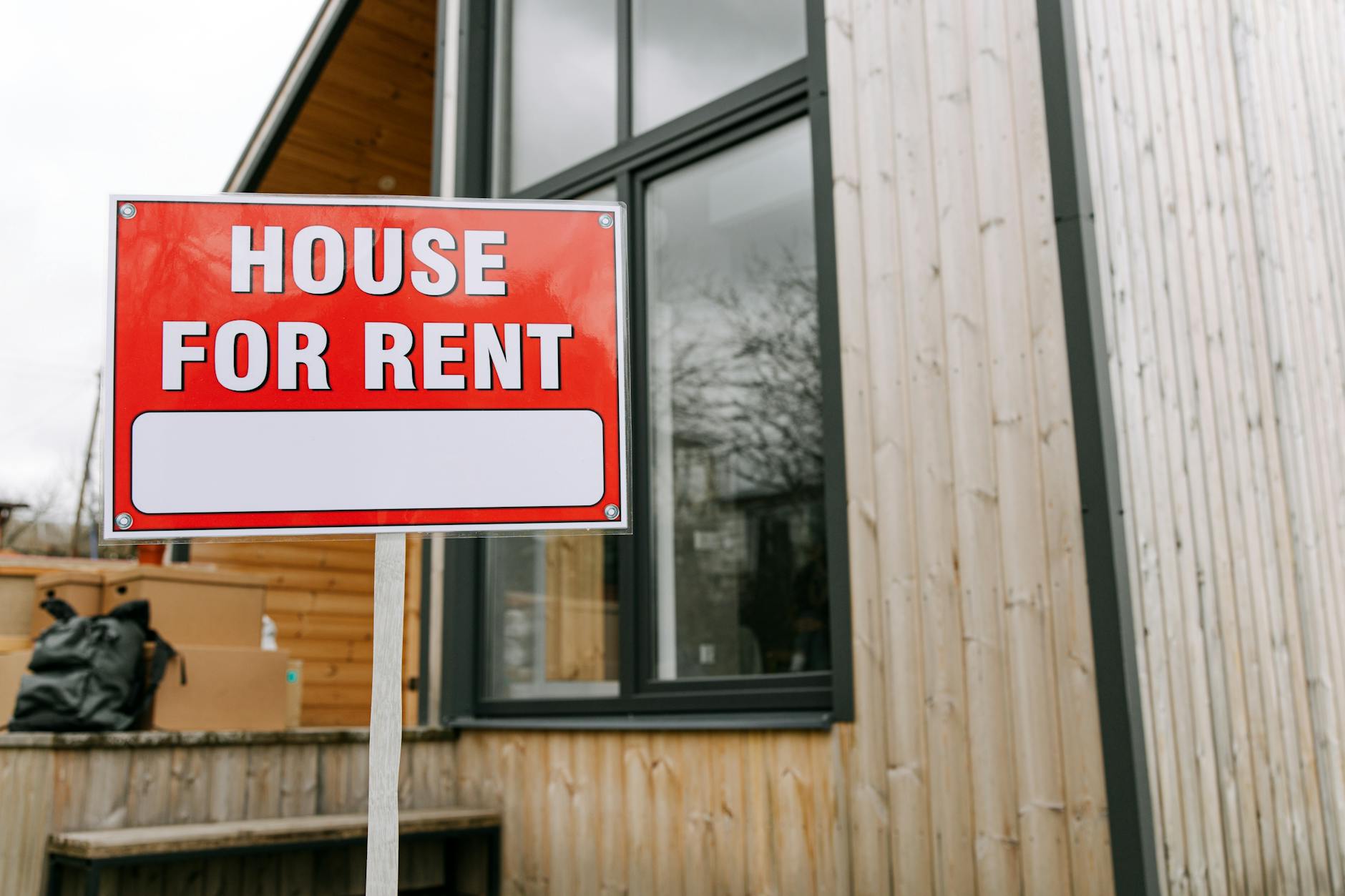Essential Guide to Rental Property Management for New Investors
Essential guide to rental property management for new investors
Investing in rental properties can be a lucrative way to build wealth, but successful property management requires more than just purchasing a building. New investors often face challenges related to tenant relations, property maintenance, and legal compliance. This guide aims to provide a comprehensive overview of essential property management strategies to help new landlords navigate these challenges efficiently. From finding reliable tenants to maintaining your investment wisely, each step plays a critical role in building a sustainable and profitable rental business. By understanding key management principles early on, new investors can protect their assets, maximize rental income, and minimize potential risks associated with rental properties.
Finding and screening tenants
One of the most important aspects of rental property management is securing trustworthy tenants. The process starts with effective advertising and listing your property on popular rental platforms, highlighting its best features to attract quality applicants. After receiving applications, thorough tenant screening is critical. This typically includes:
- Credit checks to assess financial reliability;
- Background checks to identify any criminal history;
- Employment verification to confirm stable income;
- Previous landlord references to understand tenant behavior.
Conducting these checks reduces risks like late payments or damage to property. Clear communication of rental policies and lease terms up front also helps set expectations and avoid conflicts later.
Maintaining the property and handling repairs
Regular maintenance is key to preserving the value of a rental property and ensuring tenant satisfaction. Investors should create a routine inspection schedule to catch issues early, such as plumbing leaks, electrical problems, or HVAC failures. Promptly addressing repair requests not only keeps the property safe but also encourages tenants to respect the space.
Hiring reliable contractors and keeping a budget for maintenance are essential steps. Planning preventative maintenance—such as gutter cleaning or seasonal HVAC tune-ups—can prevent costly emergencies. A well-maintained property also commands higher rent and reduces tenant turnover.
Legal compliance and lease management
Rental property management requires adherence to a variety of local, state, and federal laws. New landlords must familiarize themselves with landlord-tenant laws, fair housing regulations, and safety codes. This includes understanding security deposit limits, eviction procedures, and disclosure requirements.
Drafting a clear, comprehensive lease agreement is critical. Leases should detail rent payment terms, maintenance responsibilities, rules about pets or guests, and consequences for lease violations. This document serves as legal protection and a guide for both parties. Managing lease renewals and rent increases transparently also helps maintain positive tenant relationships.
Financial management and maximizing rental income
Effective financial management is crucial for rental property success. Keeping accurate records of income, expenses, and tax deductions helps investors track profitability and prepare for tax season. Common expenses include mortgage payments, property taxes, insurance, maintenance, and property management fees if applicable.
New investors should consider strategies to maximize rental income, such as:
- Setting competitive rental rates based on market research;
- Offering additional services like parking or storage;
- Improving property appeal through upgrades.
Below is a simple table outlining common expenses and average cost percentages of rental income for reference:
| Expense category | Average % of rental income |
|---|---|
| Mortgage payment | 25-30% |
| Maintenance and repairs | 10-15% |
| Property taxes | 10% |
| Insurance | 5% |
| Property management fees | 8-10% |
Conclusion
Successfully managing rental properties as a new investor involves a combination of strategic tenant selection, proactive maintenance, legal compliance, and sound financial oversight. Finding reliable tenants through thorough screening lays the foundation for stable rental income. Regular maintenance protects the property’s value and tenant satisfaction, reducing costly surprises. Awareness of landlord-tenant laws ensures a smooth operation and minimizes legal risks. Lastly, careful financial tracking and market-aware pricing help maximize returns and sustain profitability. By integrating these management principles, new investors can confidently grow their rental portfolios and build long-term wealth through real estate.
Image by: Ivan Samkov
https://www.pexels.com/@ivan-samkov
editor's pick
latest video
news via inbox
Nulla turp dis cursus. Integer liberos euismod pretium faucibua

